News
Nigerians And The Failed Coup In Turkey By Reuben Abati
Nigerians know what it means to have a constitutional order derailed by military intervention. Between 1960 and 1999, Nigeria moved from one form of military rule to another, characterized by obstinacy, and absolutism, experiencing only short spells of civilian rule. Similarly, the military in Turkey have since 1960 intervened directly at least four times (1970, 1971, 1980, 1997). And in all instances, the Turkish coup plotters always claimed that their role was to restore order and stabilize the country. This is a rhetoric that is quite familiar to Nigerians. Every military coup is justified on messianic grounds. In the latest onslaught in Turkey, the plotters claim they want to establish a “Peace Council.”
Between 1993 and 1999, Nigerians fought the military to a standstill, insisting on a definite return to civilian rule and the institutionalization of democracy. Sixteen years later, the democratic spirit is well established among the people, if not the Nigerian leadership elite. The people have seen what a demonstration of people power can achieve: they used it to get the military out of power, they relied on it to insist that the Constitution be respected and obeyed when a President died in office and certain forces did not want his successor to get into office, and again, they have seen people-power at work in removing a sitting government from power. Right now in Nigeria, to toy with this power of the people in any form is to sow the seeds of organized mass rebellion.
Not surprisingly, in the past few years, every display of the people’s supremacy in other parts of the world has attracted either interest or a copy-cat instinct among Nigerians. First, there was the Arab Spring, which resulted in calls for the Nigerian Spring, which later found expression in the politically motivated Occupy Nigeria protests of January 2012. And now from Turkey, the major point of interest for Nigeria has been in my estimation, how the people took to the streets to confront soldiers. The coup failed in Turkey because it lacked popular support. Turkey has for long been considered an embarrassment in Europe. A successful coup in 2016 would have put the country in a worse shape and done further damage to the country’s reputation. The people stood up for their country, not President Recep Tayyip Erdogan. They stood up for an idea: The idea of democracy. The three major political parties disowned the coup. Mosques called on the people to go to the streets and fight for democracy. Even Erdogan’s critics, including the Kemalists and the Glulenists, denounced the coup plotters. The images that came across were images of the police confronting the soldiers and disarming them (This was intriguing- can anyone ever imagine the Nigeria police protecting democracy: they would have since collected bribe from the coup plotters, there is massive corruption in Turkey too but their police fought for the nation). Ordinary citizens lay down in front of the coup plotters’ tanks and asked to be crushed; brave citizens disarmed the soldiers and took over the city squares.
It is the kind of bravery that Nigerians find surreal. The coup attempt in Turkey comes at a time when the civil society in Nigeria is beginning to lose the spirit to stand in front of tanks, and guns: the people have been battered to a point where their strongest protection is their power of the ballot and so the average Nigerian endures suffering, convinced that when again it is time to vote, no one can rob him or her of his power to choose. But the situation in Turkey reminds us of the kind of danger that any democracy, with troubled foundations can face, hence Nigerians ask if they too can be as courageous as the Turkish have been, with both Turks and the much abused Kurds, and other divided groups, uniting, momentarily, on one issue.
Not that Mr. Recep Tayyip Erdogan deserves the victory over the coup plotters, though. Outsiders, including Nigerians, consider him a bad guy; and even if he is still popular and blindly followed by the majority of his people, his 13-year record in office falls far short of standards. He came to office on the wave-crest of popular appeal. In Istanbul where he was a city mayor at a time, he remains immensely popular, and he is also probably the most popular leader, not in Europe, but the Arab world. Thrice, he and his party, the AKP, won nationally organized elections. But success soon got into Erdogan’s head, as he descended into the lower depths of arrogance and dictatorship. He started having issues with neighbours and allies.
He became undemocratic, shamelessly alienating civil society, the press and the judiciary. He is so temperamental and intolerant of criticism and alternative views, he is now surrounded mainly by sycophants and relatives. In his attempt to dominate everything and everyone, he became known as the “buyuk usta”, that is “the big master”, and of course, he now lives in a $615 million Presidential palace with 1, 150 rooms! In addition, he wants to acquire US-style executive Presidential powers and he is busy battling, real and imaginary enemies. He may have been saved by the people’s rejection of the coup attempt, but perhaps Erdogan has been saved more by his own cleverness. The coup attempt against his government was an amateur, unorganized effort. It lacked the support of the military command, which Erdogan had cleverly subjected to civilian control, and among whom he had built centres of personal loyalty. Over the years, he weakened the military and strengthened the police and the intelligence services. The coup plotters over-estimated their capacity and misread the people’s mood.
Their failure may embolden Erdogan and even make him more authoritarian: he is already sounding off about being in charge and dealing with the coup plotters (over 2,000 of whom have already been rounded up and arrested, even judges have been fired). But Turkey is in a very bad shape. Resentments run deep. There are deep fears about threats to the country’s secularism, and attempts to Islamicise the country. A paranoid Erdogan could worsen the situation. Both the United States and the European Union should take a keen interest in what happens in Turkey after the coup attempt, to ensure that rather than dig deeper into authoritarianism, Erdogan would see the need to run a more open, inclusive and democratic government.
The coup may have failed, and democracy may have won, but whatever issues led to a group of ill-prepared soldiers taking the law into their hands cannot be wished away. To tell the truth, Recep Erdogan acts very much, in all respects, like an African leader in Europe – that probably explains the keen Nigerian interest. The key lesson, all told, is that the importance and survival of democracy relates to the importance of civic virtue, this is why leaders must rely not just on the people’s commitment to an idea, but must seek to make democracy work for all the people.
News
Tears as Chief Imam of Ilorin Laid to Rest, Fidau Scheduled for Sunday
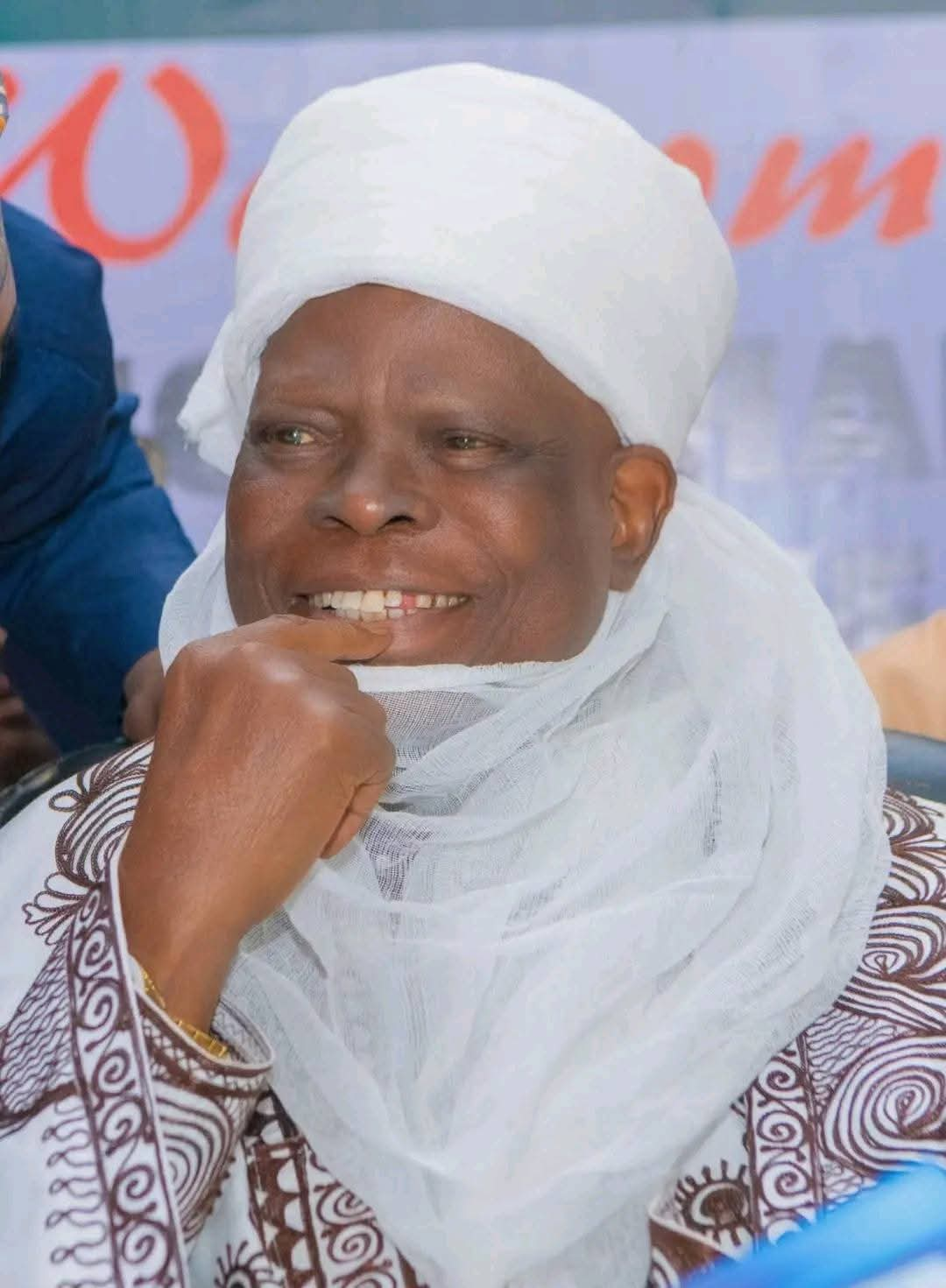
Tears flowed freely on Tuesday as thousands of Muslim faithful gathered at the Emir of Ilorin’s palace for the final burial of the Chief Imam of Ilorin and Chairman of the Kwara State Council of Ulama, Sheikh Muhammad Bashir Soliu.
The solemn funeral prayer (Janazah) began at 10:00 a.m., led by the Imam Imale of Ilorin, Sheikh Abdullahi Abdulhameed. The palace forecourt was filled to capacity, with security personnel managing the massive crowd that had come to pay their last respects to the revered Islamic scholar.
The event drew prominent figures from political, religious, and social spheres, including former Senate President Dr. Abubakar Bukola Saraki, former PDP National Secretary Alhaji Kawu Baraje, former Speaker of the Kwara State House of Assembly Professor Ali Ahmad, former Director of Nigeria’s Rural Electrification Agency Engineer Bolakale Kawu, and the Kwara State Governor’s representative, Saadu Salaudeen.
Notable Islamic scholars and traditional rulers also attended, including Balogun Alanamu, Dr. Usman Abubakar Jos, Chief Imam of Offa Sheikh Muhyidin Salman Hussein Al-Imam, Ajanasi Agba of Ilorin Sheikh Mujtabah Yusuf Bature, Chief of Ogbomoso Alhaji Dr. Imam Yunus Teliat Olushina Ayilara II, and Grand Mufti of Ilorin Sheikh Faruq Onikijipa, among others.
Sheikh Soliu passed away on Monday at the age of 75, leaving behind a legacy of Islamic scholarship, leadership, and service to the Ilorin Emirate and the broader Muslim community.
Following the Janazah, his body was conveyed to his residence in Egbejila, which also houses his Arabic school, where thousands gathered for the final rites and prayers. At the graveside, clerics offered heartfelt supplications for the forgiveness of his soul and entry into Al-Jannah Firdaus, as mourners wept openly, remembering him as a spiritual father, teacher, and moral compass.
Sheikh Soliu is remembered for his humility, deep knowledge of Islam, and unwavering commitment to peace, unity, and religious guidance in Kwara State and beyond.
As part of post-burial rites, the Emir of Ilorin and Chairman of the Kwara State Traditional Rulers Council, Alhaji (Dr.) Ibrahim Sulu-Gambari, CFR, announced that the Fidau prayer for the late Chief Imam will hold on Sunday, January 25, 2026, at 10:00 a.m. at the Ilorin Central Mosque. The prayer will be led by Imam Imale Sheikh Abdullahi Abdulhamid, alongside other clerics from within and outside the Emirate.
In a statement, the Emir urged Muslims across the region to intensify prayers for the departed Imam Agba of Ilorin, asking Allah to grant him Al-Jannah Firdaus.
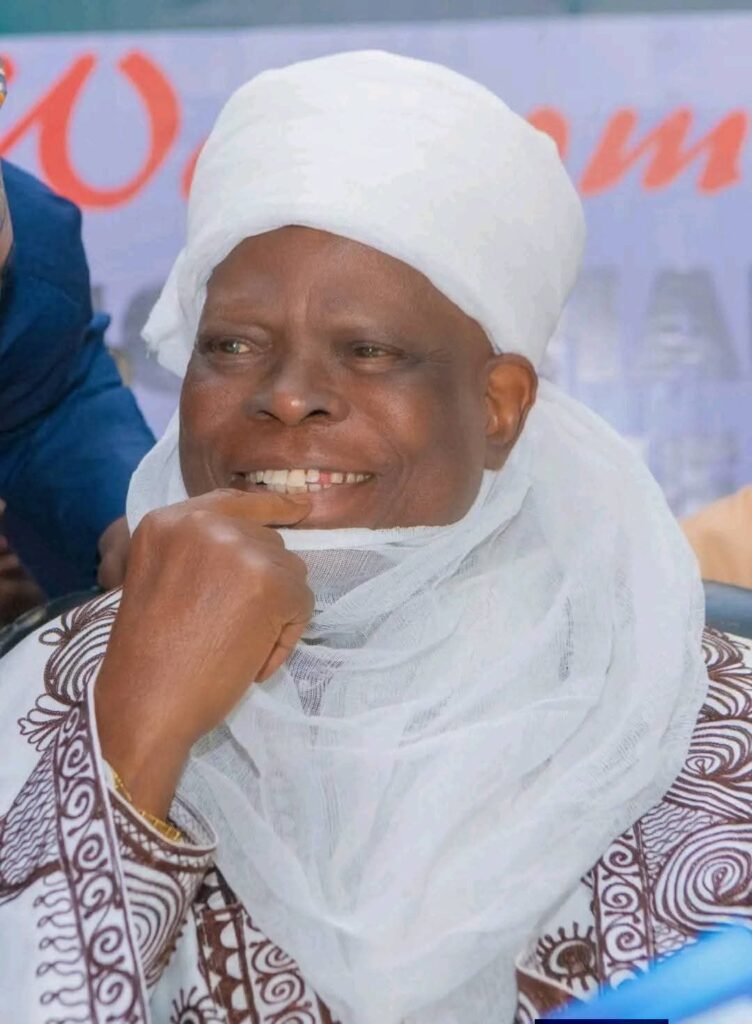


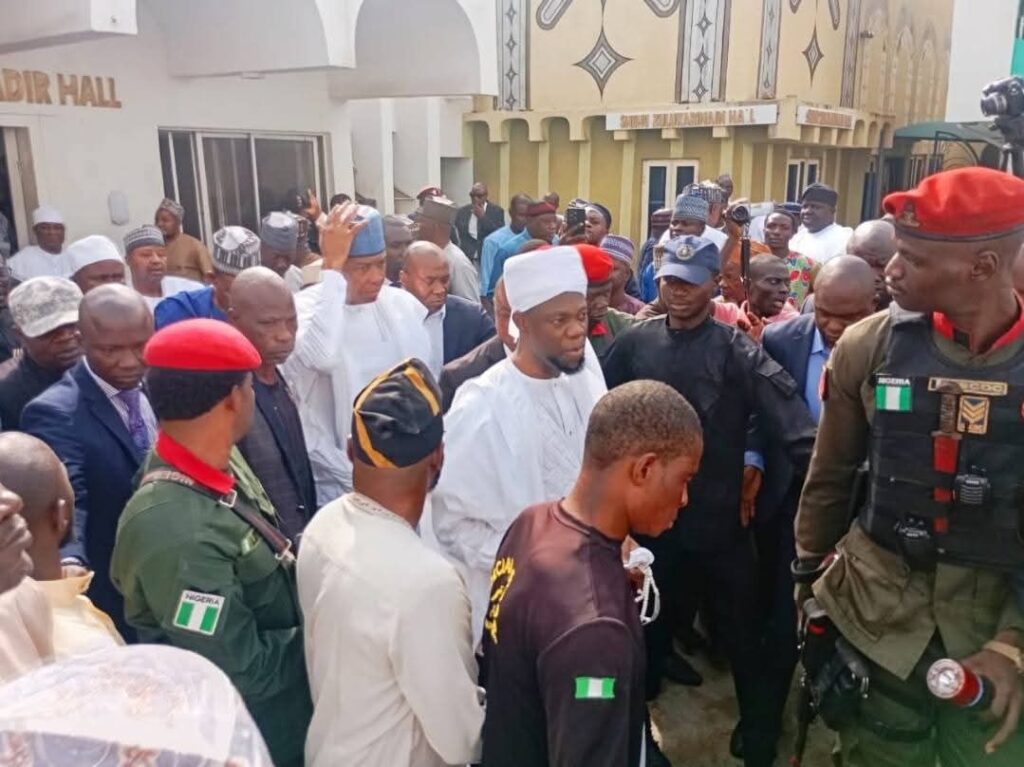
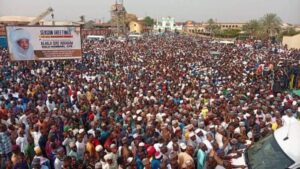

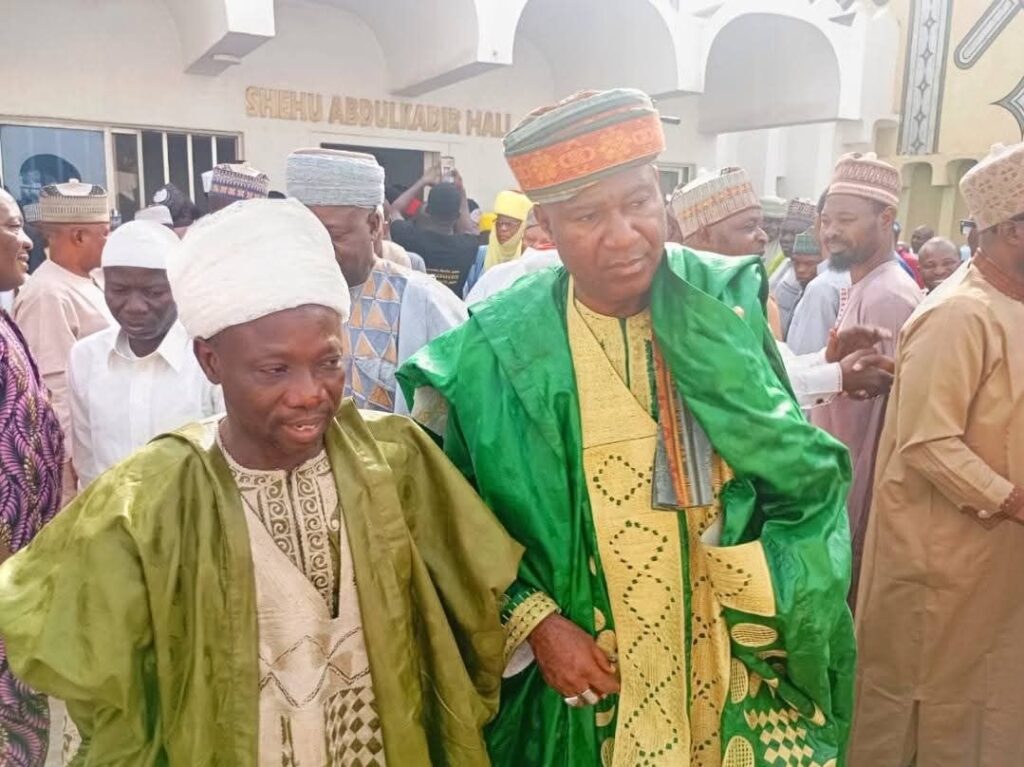
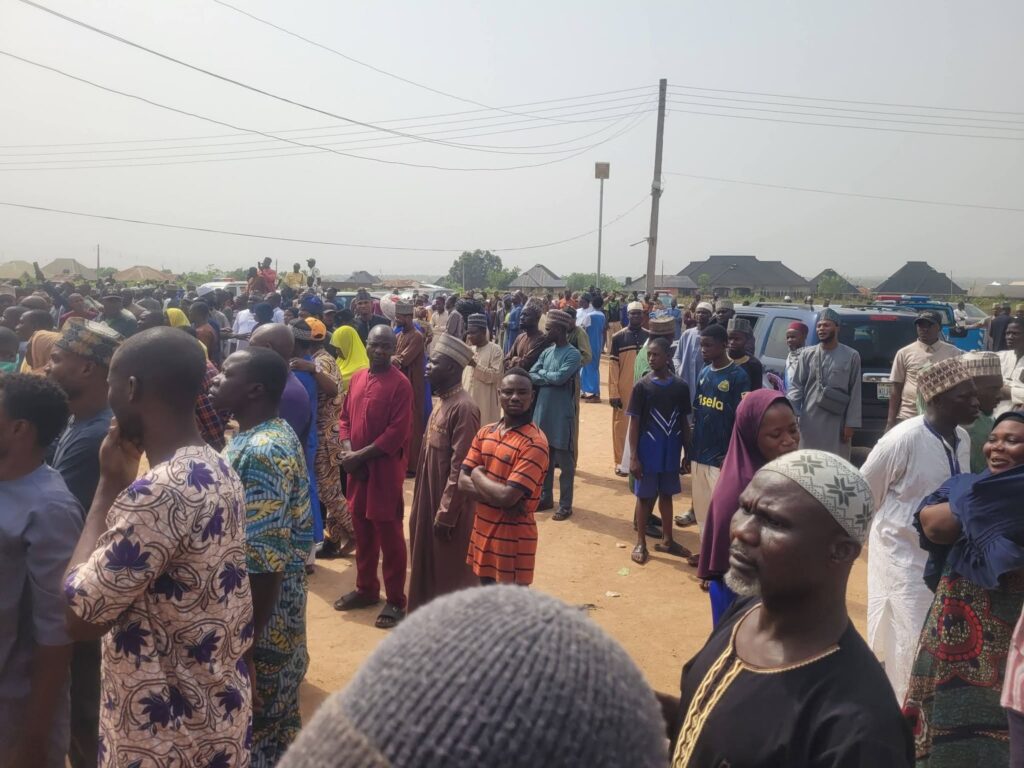
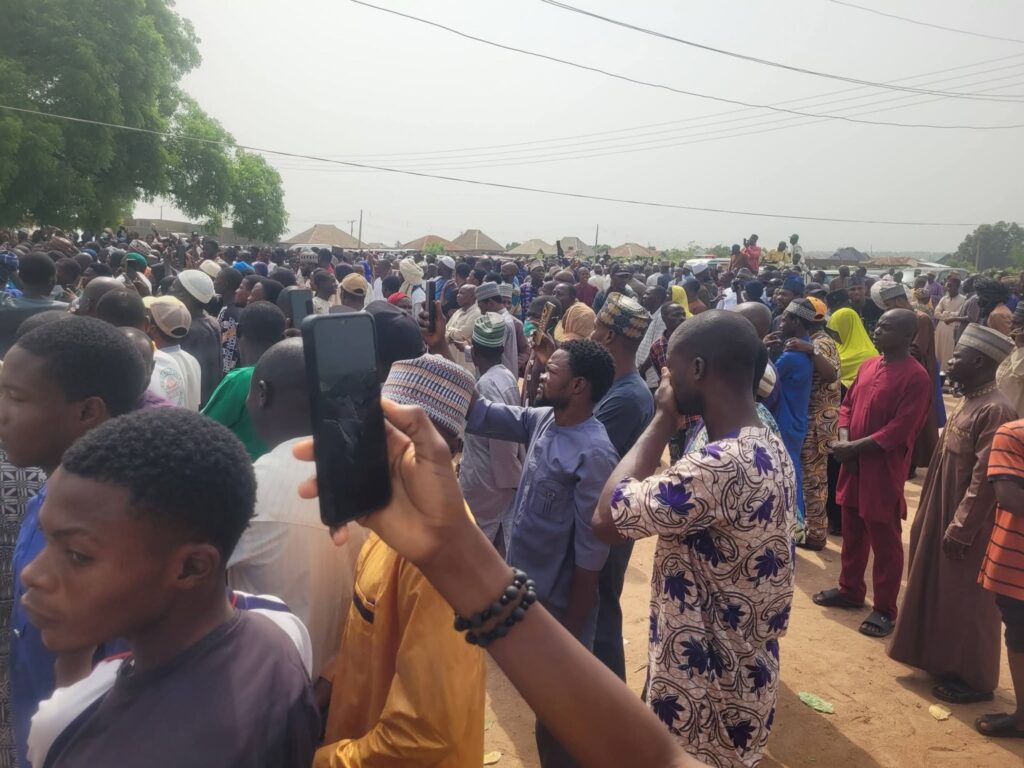

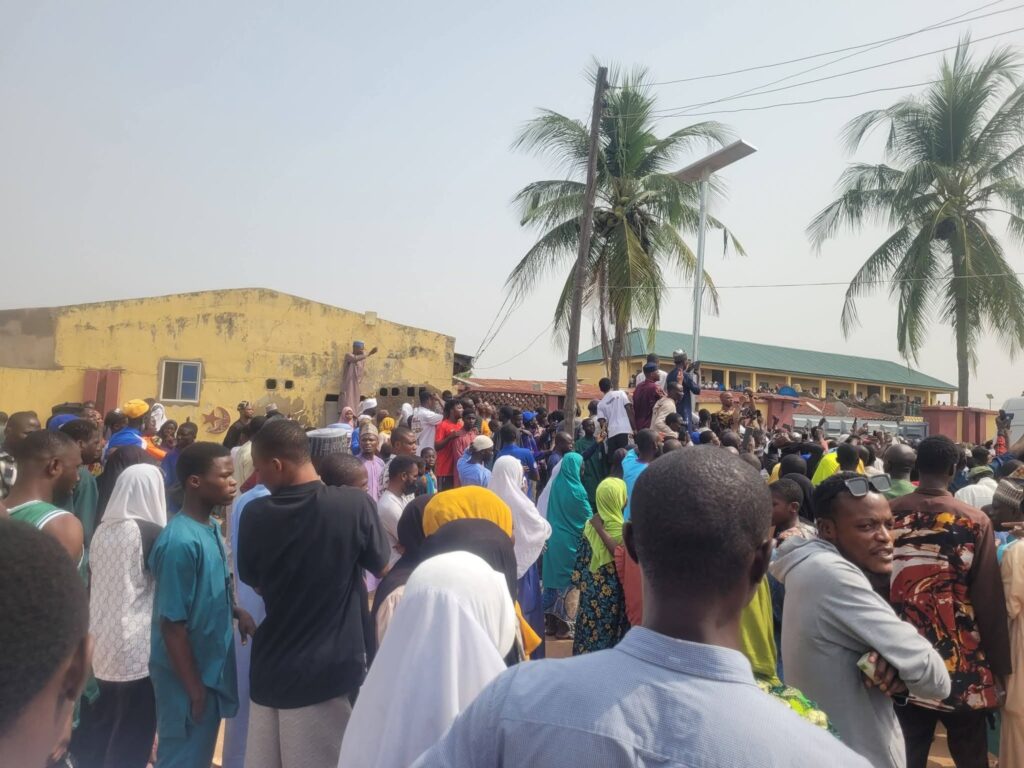
News
Alaafin Should Avoid Confrontation With Oyo Govt — Eselu of Iselu
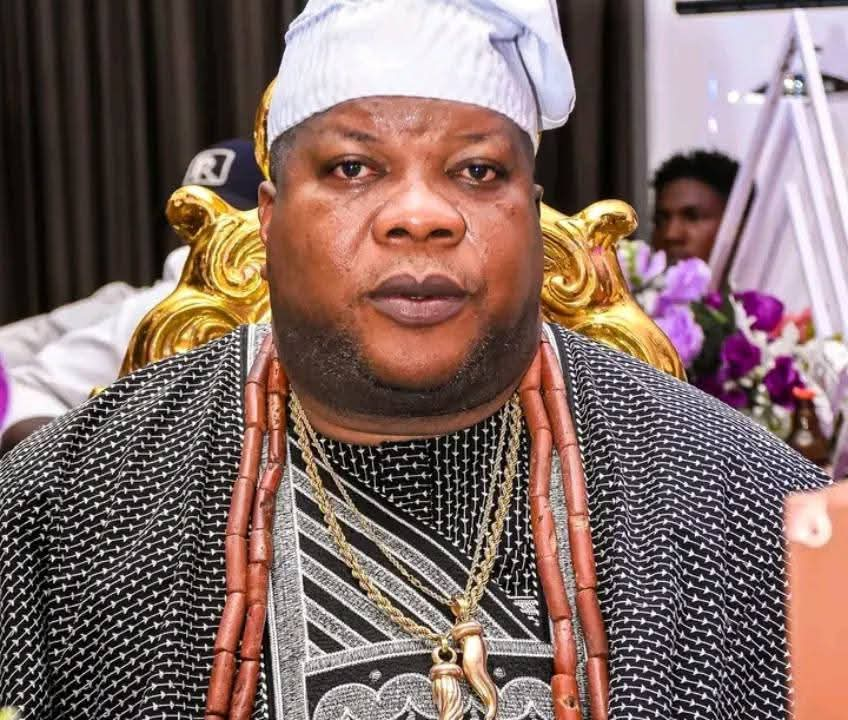
The Eselu of Iselu Kingdom, Oba Akintunde Akinyemi, has advised the Alaafin of Oyo, Oba Abimbola Owoade I, to avoid a direct confrontation with the Oyo State Government over the proposed rotational chairmanship of the state’s Council of Obas.
Oba Akinyemi warned that open defiance of the government’s decision could attract serious consequences, noting that state governments possess the constitutional powers to install or depose traditional rulers in cases of insubordination or disobedience.
According to the monarch, the governor’s decision is not unusual, as similar rotational arrangements are practiced in other states across the country. He added that the situation could have been handled differently, stressing that the Alaafin should not have publicly challenged the policy, particularly as he was not consulted before its announcement.
Meanwhile, the Alaafin of Oyo has denied claims that he met with Governor Seyi Makinde or endorsed the rotational chairmanship. He maintained that his opposition to the move had already been formally communicated to the governor through a memo submitted by the Oyo Council of Elders.
The controversy has continued to spark reactions, with groups such as the Oyo Scholars Congress and the Oyo Global Forum throwing their weight behind the Alaafin. The groups argue that the rotational system distorts Yoruba history and undermines the traditional status and authority of the Alaafin of Oyo.
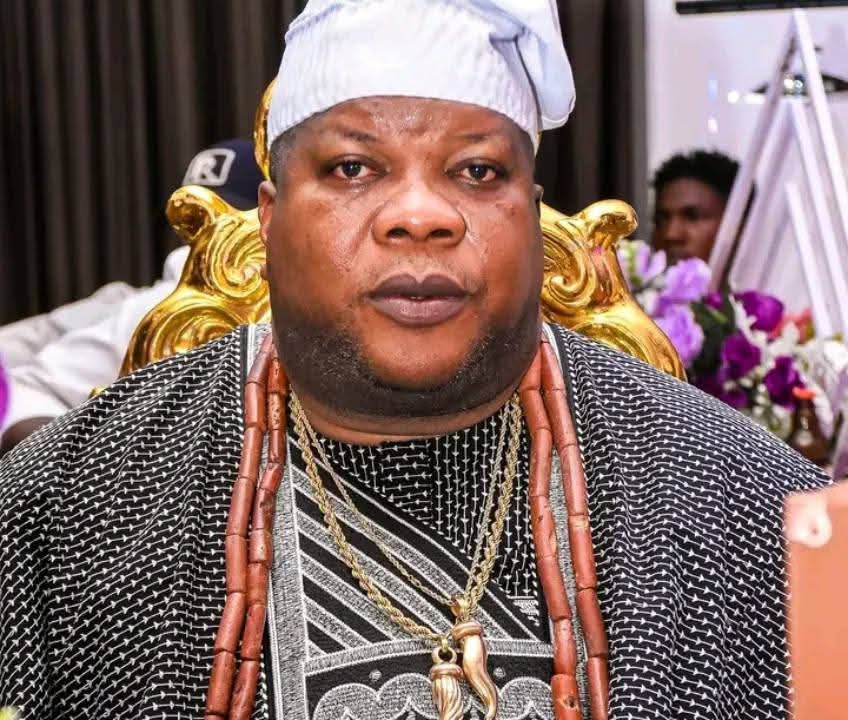
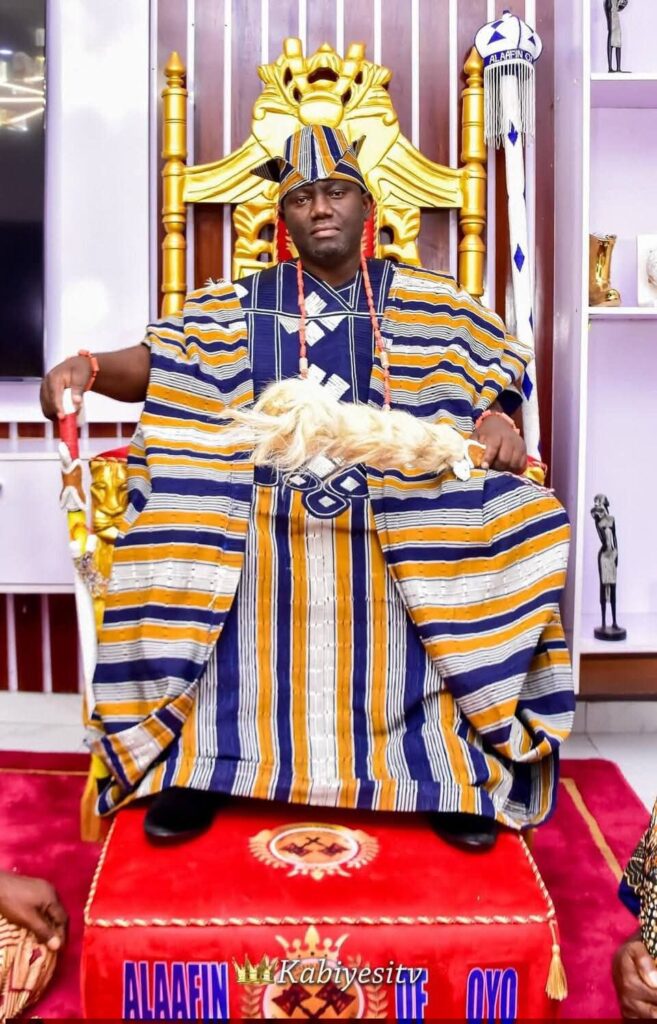
News
Bandits, Terrorists Do Not Keep Promises — Defence Minister Warns Against Negotiations
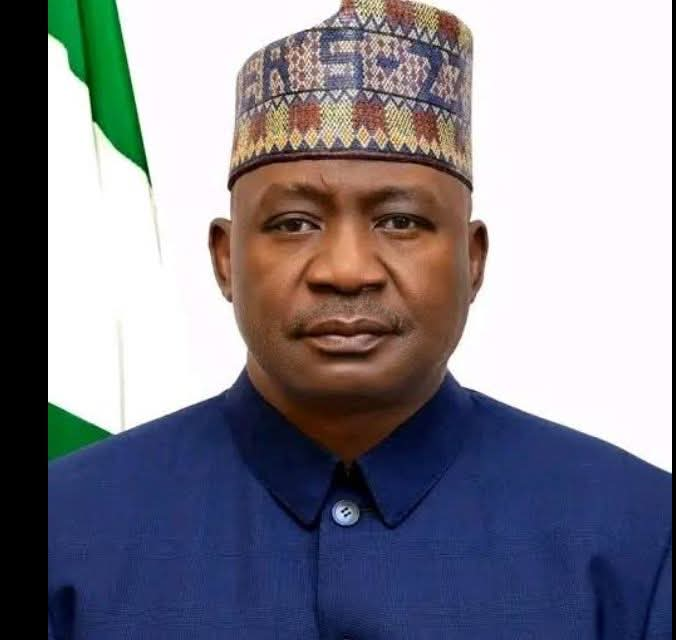
Nigeria’s Defence Minister, General Christopher Musa (rtd), has strongly cautioned against negotiating with bandits and terrorists, describing such efforts as deceptive and counterproductive.
According to him, criminal groups do not honour agreements and often use negotiations as a tactic to buy time before launching fresh attacks. He cited past incidents, including in Katsina State, as examples where dialogue failed despite repeated warnings.
“These people do not understand negotiation. It is nothing but deception. When they come to negotiate, they are only seeking an advantage, and once it is granted, they turn around and attack again,” he said.
The Defence Minister urged both the public and government authorities to discontinue any form of engagement with bandits and terrorists, insisting that such groups have no regard for truth or accountability.
“They never keep their word. They lie, do not fear God, and will always return after negotiations,” Musa added.


-

 News2 years ago
News2 years agoHardship: We Plan To Establish A National Commodity Board To Crash Food Prices – VP Shettima
-
News8 years ago
Blog Reader; Samson Osagiede Celebrates Fiancè Benedicta Daniels’s Birthday With Sweet Words
-
Home9 years ago
News Channel claims Donald Trump is an orphan from Pakistan,share alleged childhood photo
-
Home9 years ago
Another $175m Found in Patience Jonathan’s wife’s firm’s Bank Account
-
Home9 years ago
Oil Spillage: House of Reps Member Shares Photos of the Water her Constituents Drink .
-
Home9 years ago
Zara Buhari & Ahmed Indimi’s Wedding Access Card
-

 Sport7 years ago
Sport7 years agoModric, Marta Wins 2018 FIFA Best Player Of The Year Awards ⚽️
-
News8 years ago
The Best Video You’ve Seen Today?

